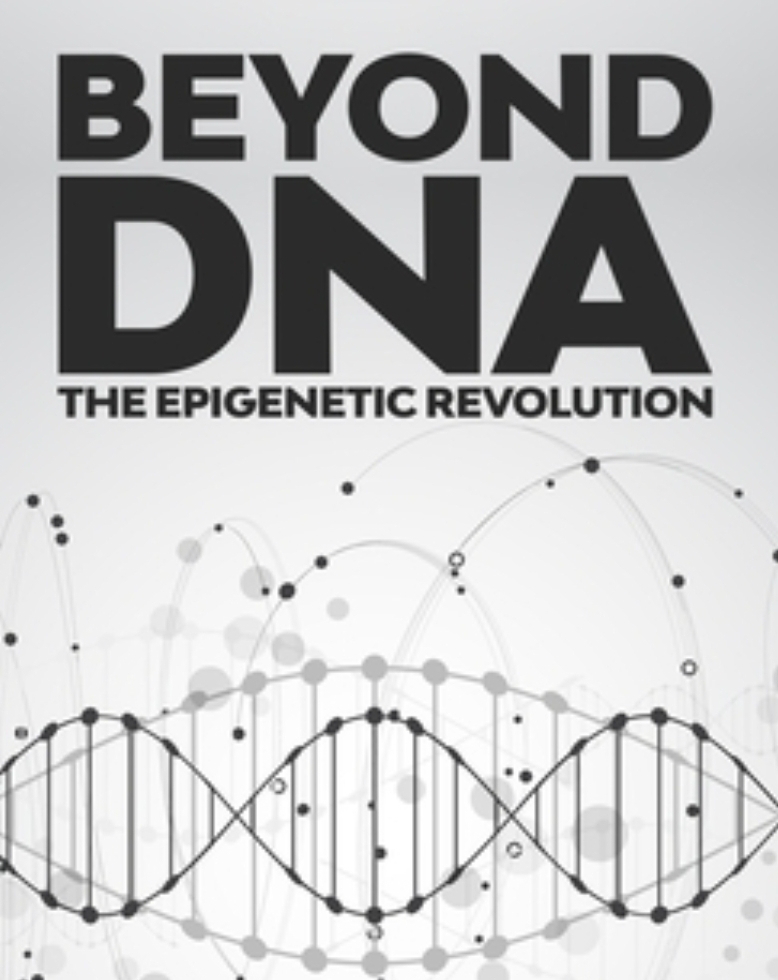The Epigenetic Revolution: Rewriting the Rules of Evolutionary Inheritance
Epigenetics, the study of heritable changes in gene expression that do not involve alterations to the underlying DNA sequence, has emerged as a transformative field with profound implications for our understanding of evolution. The journal article, "The Evolutionary Implications of Epigenetic Inheritance," delves into how epigenetic mechanisms are deeply involved in shaping phenotypic variation and adaptation, ultimately challenging the foundational tenets of the Modern Synthesis of evolution.
Traditionally, the Modern Synthesis, forged in the mid-20th century, posited that evolution proceeds primarily through changes in gene frequency driven by natural selection acting on random genetic mutations.
Inherited traits were largely understood to be solely a product of DNA sequences passed from parent to offspring. Epigenetics, however, introduces a compelling alternative layer of inheritance, demonstrating that environmental exposures, lifestyle choices, and even parental experiences can induce stable, heritable changes in gene activity that influence an organism's phenotype across generations.
At the heart of epigenetic inheritance are mechanisms such as DNA methylation, histone modification, and non-coding RNA regulation.
DNA methylation involves the addition of a methyl group to a DNA base, typically cytosine, which can silence or activate genes without altering the genetic code. Histone modifications, on the other hand, involve chemical tags added to the proteins around which DNA is wrapped (histones), influencing how tightly the DNA is packed and thus its accessibility for gene expression.
Non-coding RNAs, once considered "junk DNA," are now known to play crucial roles in regulating gene expression at various levels.
These epigenetic marks are not permanent; they can be influenced by environmental cues and, critically, can be replicated and passed down during cell division and even across generations.
The involvement of epigenetics in evolution is multi-faceted. Firstly, it provides a mechanism for rapid phenotypic plasticity and adaptation.
Organisms can respond to environmental stresses or opportunities by altering their gene expression patterns epigenetically, without waiting for random mutations to arise. If these epigenetic changes are beneficial, and heritable, they can offer a swift adaptive advantage. For example, studies have shown that dietary changes in parents can lead to epigenetic modifications in their offspring that influence their metabolism and disease susceptibility.
This "soft inheritance" allows for a more dynamic and immediate evolutionary response than traditional genetic inheritance alone.
Secondly, epigenetics can influence the rate and direction of genetic evolution. Epigenetic marks can affect mutation rates in certain genomic regions, potentially accelerating or decelerating the emergence of new genetic variations.
Furthermore, epigenetically induced phenotypic changes can expose individuals to novel selective pressures, thereby shaping the trajectory of genetic evolution. For instance, if an epigenetic modification allows an organism to colonize a new niche, subsequent genetic mutations that further optimize adaptation to that niche are more likely to be selected for.
The profound challenge epigenetics poses to the Modern Synthesis lies in its redefinition of inheritance and variation. The Modern Synthesis largely dismissed Lamarckian ideas of acquired characteristics being inherited, emphasizing the randomness of mutation. Epigenetic inheritance, however, introduces a Lamarckian-like dimension, where environmentally induced changes acquired during an organism's lifetime can indeed be passed down, at least for a few generations. This doesn't mean a direct "inheritance of acquired characters" in the strict Lamarckian sense, but rather a mechanism by which environmental information can be transmitted beyond the DNA sequence.
Furthermore, the Modern Synthesis primarily focuses on genetic variation as the raw material for natural selection. Epigenetics broadens this perspective by introducing heritable epigenetic variation. This means that populations can harbor significant phenotypic diversity not solely due to genetic differences, but also due to varying epigenetic landscapes. Natural variation can act not only on genetic variants but also on epigenetic variants, potentially leading to evolutionary change even in genetically homogenous populations.
In essence, "The Evolutionary Implications of Epigenetic Inheritance" argues that epigenetics necessitates a more nuanced and expansive view of evolution. It suggests that evolution is not solely a game of chance mutations and selection, but also involves an intricate interplay with environmental cues that can leave lasting, heritable marks on the genome's expression. This "epigenetic revolution" challenges the Modern Synthesis by offering new mechanisms for generating variation, facilitating rapid adaptation, and providing a more comprehensive framework for understanding the remarkable adaptability and diversity of life. It compels us to consider how organisms, through their epigenetic machinery, actively participate in shaping their own evolutionary trajectories.




Comments
Post a Comment